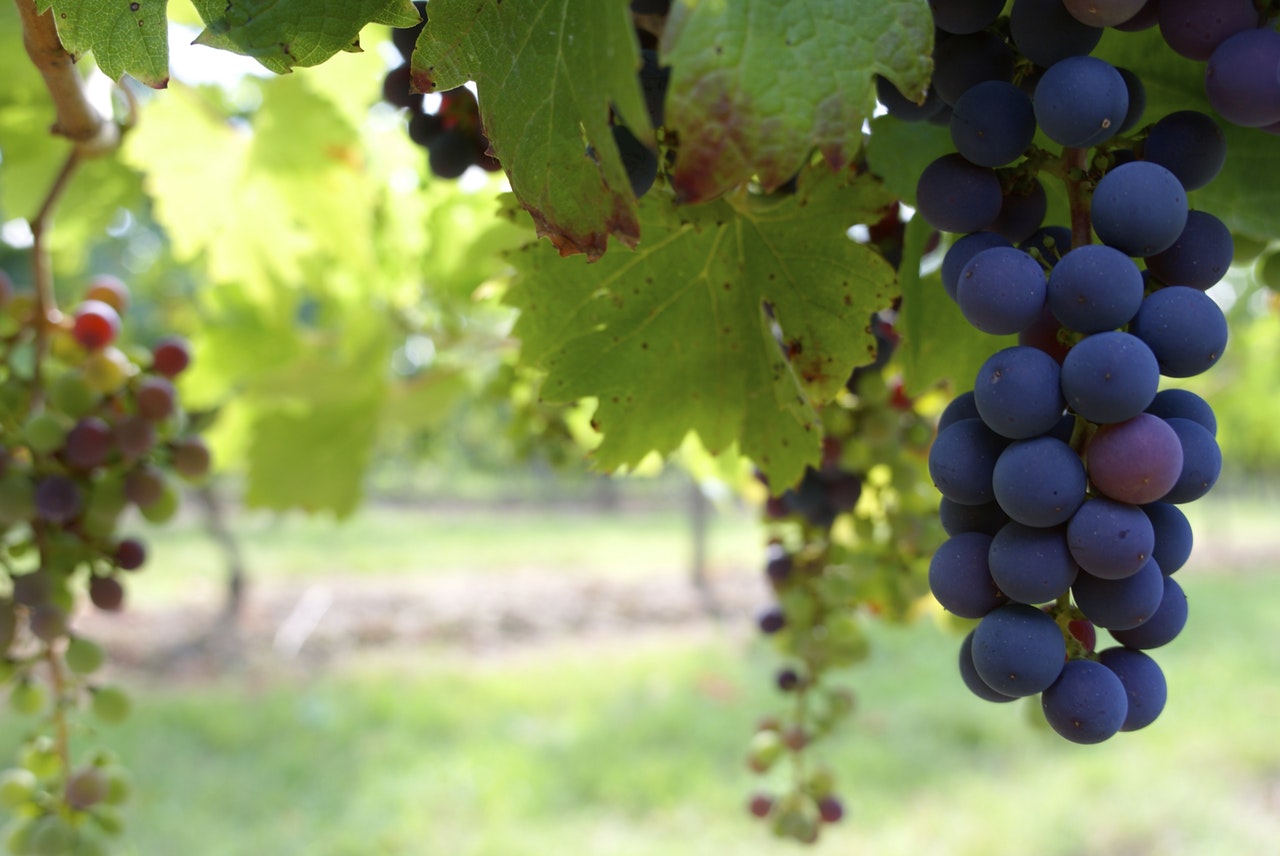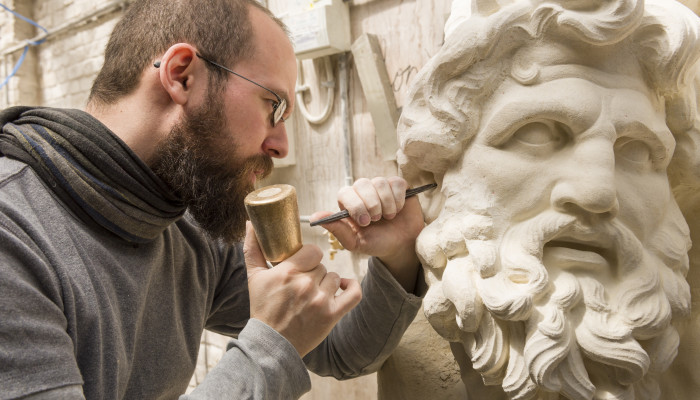Reflection for the Fifth Sunday of Easter. Year B. 2018
– By Fr Ugo Ikwuka
Archway, London
A young man once found an eagle’s egg. He puts it into the nest of a broody chicken. The eaglet hatched with the chickens and grew up with them. All her life, she thought she was a chicken and did only what the chickens did; scratching dirty surfaces in search of food. And it flew no more than a few feet off the ground like the other chickens.
With time, the misguided eagle grew very old. One day, it saw a magnificent bird soaring gracefully on its strong golden wings high above in the sky. And she exclaimed “What a beautiful bird!” She was told that it is the eagle, the chief of the birds. She was further told to stop dreaming; that she could never be like her since she was only a chicken. So, the poor eagle never gave it a second thought; she died thinking that she was a chicken.
This sad story underscores the importance of what we identify ourselves with because what we associate ourselves with can help bring out the best in us or on the contrary can help kill the potential in us.
The eaglet identified herself with chickens and ended up not being able to fly even though she’s got all the potentials. In fact, with the chickens she may soon be barbecued.
In this Sunday’s Gospel, Jesus defines himself as the vine, and identifies us, his followers, as the branches. As vine branches, we need to identify ourselves with the vine for us to flourish.

The vine into which we are grafted conditions the way we see ourselves, the expectations we have of ourselves, and the limits of achievement we place on ourselves.
Today, there are many shades of vines into which we can possibly graft ourselves, all competing for our attention. They come in the form of different ideologies; religious beliefs, political affiliations, occultism etc. They can also come in the form of what engages our interest the most; riches, pleasure, power, fame etc.
Once we graft ourselves unto a false vine, we can be sure to end up like the poor eaglet; we can be everything but our true self. As Jesus once asked: “what can it profit a man to gain the whole world, but lose himself?

King Solomon came to this awareness; he was a man of great wealth and unparalleled wisdom. He searched the world over, grafting himself unto every attraction to find fulfilment. In the end, he discovered that it was all vanity that leaves a man just as empty as he was in the beginning.
The Jews whom Jesus addressed in the Gospel had grafted themselves on a flawed religious ideology which appeared hypocritical – concerned with maintaining external holiness while the inside was rotten. So Jesus beckons on them, as he beckons on us today, to leave those false vines and come and graft ourselves unto him, for he is the true vine that can support us to be fruitful.
Jesus is telling us that truth that was hidden to the misguided eagle. If she had realised the truth about her situation and makes the radical shift in self-identification, she would be freed of the limitations imposed on her by her false identity. And she would be able to soar like the eagle.
Likewise, Jesus is telling us that if we are grafted in him, we shall be pruned of all that undermine us from reaching our full potentials.

A vine branch could also be pruned to prevent it from bearing more than it can carry. Haven’t we seen people derail because they are given more than they can handle; some children who are spoilt with excessive riches, soon find uses for them in drugs. Pruning can be painful and might leave us in tears just as the branch is left with stumps oozing with saps following pruning.
Yet, to live is to choose, and to choose is to deny oneself. The person who wants to do too many things in life, or cultivates innumerable interests and hobbies, is dispersed, and will not be outstanding in anything. One must have the courage to prune; to make choices, to put some secondary interests to one side to concentrate on the primary.

Holiness is like sculpture which the great artist Leonardo da Vinci defined as “the art of removing.” Other arts involve adding something: colours to painting, notes to music etc.
Only sculpture consists in removing, taking away the pieces of excess marble or wood so that the figure one has in mind can emerge. Godliness is similarly obtained, by removing and making useless pieces fall off; desires, ambitions, greed that disperse and distract us.
One day, walking through a garden in Italy, Michelangelo, another great artist, saw a block of soiled marble protruding from the earth. He stopped suddenly as if he had seen someone, and turning to his companions he exclaimed: “An angel is imprisoned in that marble; I must get him out.” And, armed with a chisel, he began to work on the block until the figure of a beautiful angel emerged.

Similarly, God sees in us His beautiful creation, and the image of his son to which we are predestined to be conformed (Romans 8:29), now sadly masked by all the vanities we chase that equally sap us and undermine our reaching our full potential.
God takes the chisel, the cross which is His pruning shears, and begins to prune us. Hence, let us be assured that the times when we go through trying moments, God is doing a great work in our lives even if we do not understand what is happening at the time.





